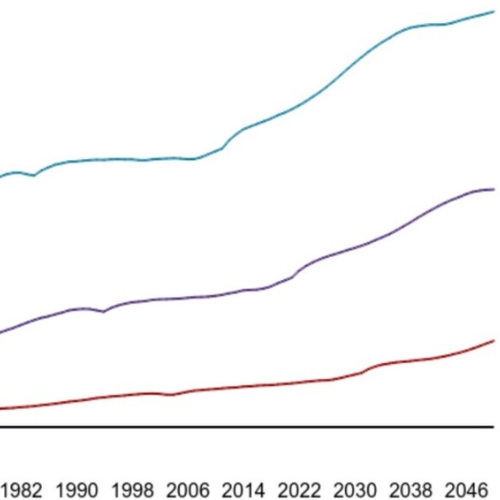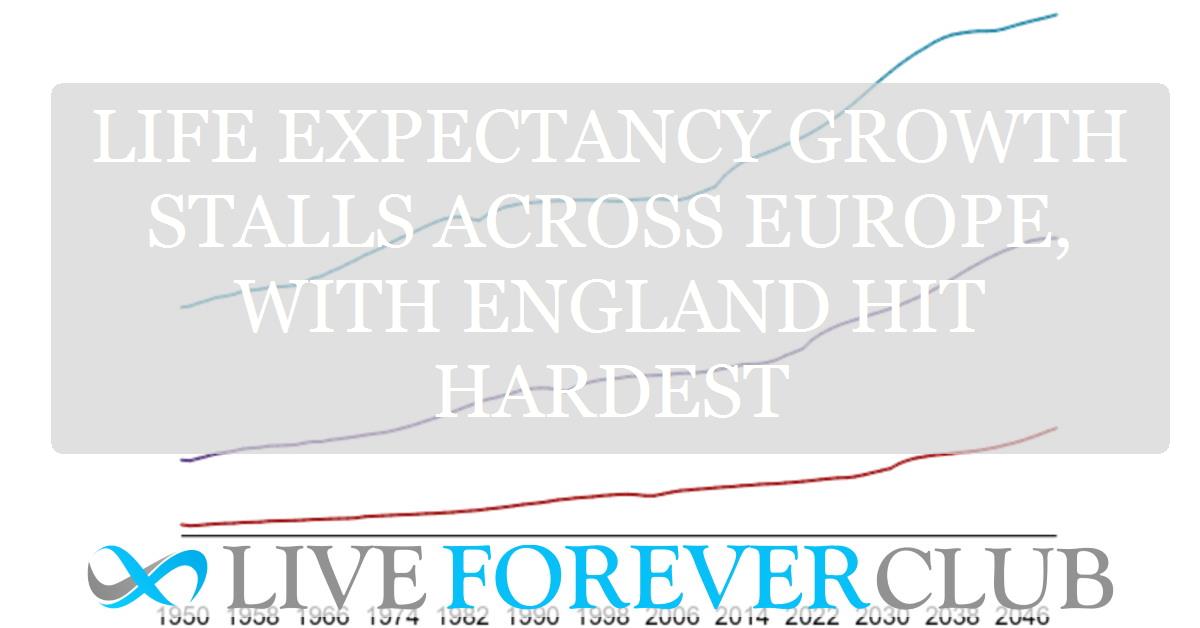Key points from article :
Life expectancy growth across Europe has slowed significantly, with England experiencing the sharpest decline, according to research published in The Lancet Public Health. The study, led by the University of East Anglia (UEA), found that between 1990 and 2011, life expectancy across 20 European countries grew by an average of 0.23 years annually. However, this slowed to 0.15 years per year from 2011 to 2019. England saw the most dramatic drop, with annual improvements shrinking from 0.25 to just 0.07 years.
Professor Nicholas Steel from UEA’s Norwich Medical School highlighted that deaths from cardiovascular diseases were the primary driver of this slowdown, worsened by rising obesity, poor diets, and physical inactivity. Countries that maintained steady life expectancy improvements, such as Norway, Sweden, Denmark, Iceland, and Belgium, had stronger public health policies tackling heart disease and cancer risks.
The study also found that life expectancy fell in most European countries during the COVID-19 pandemic, with England and Greece seeing the biggest drops. However, Steel emphasized that Europe has not yet reached a natural longevity ceiling, as older populations in some countries continue to see improvements. He called for stronger government action, including collaboration with the food industry and initiatives to encourage physical activity, to prevent early deaths and reverse declining health trends.








